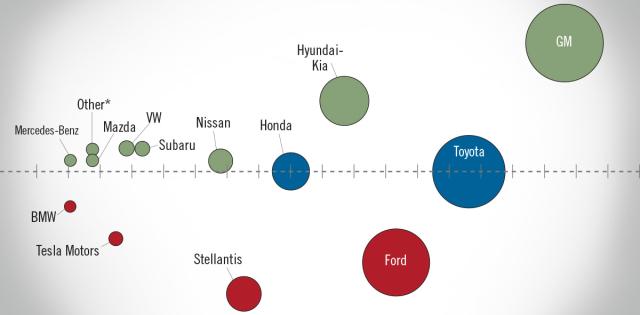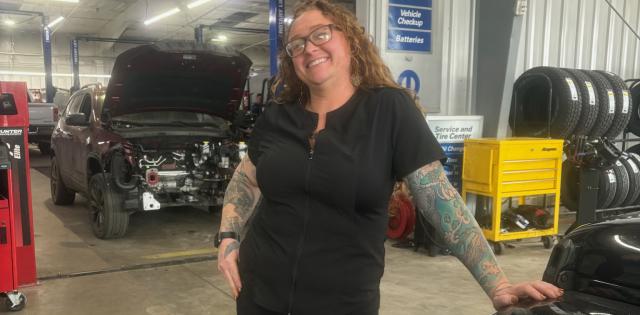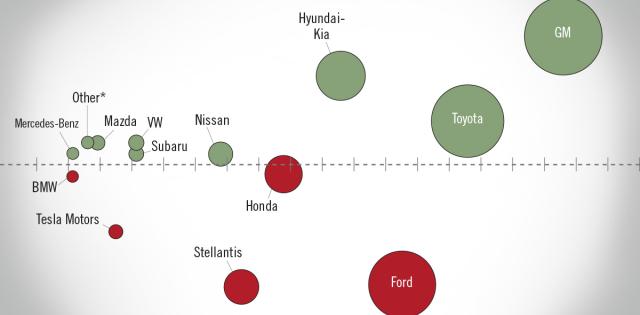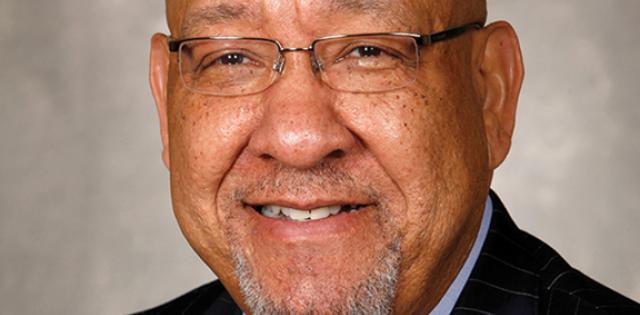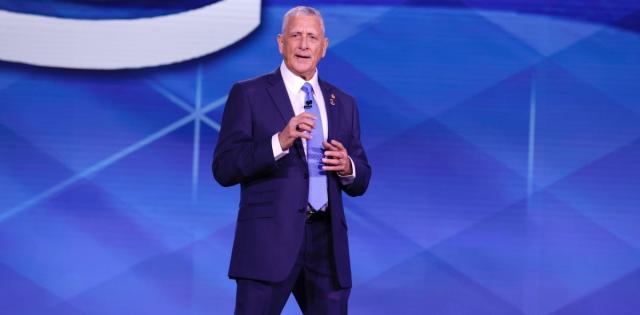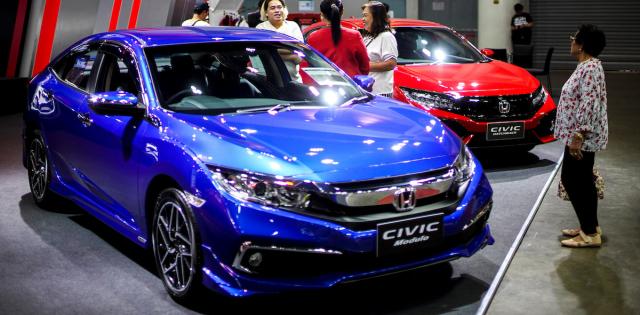America’s franchised new-car and truck dealers have always been resilient. Dealers have survived recessions, wars, drastic fuel prices, interest rate fluctuations and shifts in consumer demand. Soon enough, dealers will also be able to add COVID-19 to the list of disruptions they have survived and overcome.
Dealers across the country have been making strides to implement digital retailing at their dealerships for years, concurrently catering to customers who favor a traditional sales experience. While the coronavirus pandemic accelerated the implementation of digital retailing tools, dealers are focused on aligning with their customers’ wants and needs.
“Technology is not what disrupts industries; not being customer centric disrupts industries,” shared NADA Academy Instructor Michael Lucki in a webinar presented alongside fellow NADA Academy instructors Georgia Munson and Matthew Vollmers.
The webinar, Digital Retailing Disruption – The Dealer Perspective, provided an overview of the results from NADA’s Digital Retailing Dealer Survey and examples of shifts in the sales process to digital that put customers and employees first. NADA defines digital retailing as the flexibility for customers to select a vehicle, get an accurate trade appraisal and secure bank financing approval with a precise payment information – all without having an in-person interaction with a dealership employee.
The survey, completed by NADA Academy students, alumni, 20 Group members and Professional Series graduates from April 10-17, found that 91% of respondents will use or continue to use digital retailing as part of their retailing solutions after COVID-19.
“The dealers that have already adopted and implemented a completely virtual, digital retail sales process pre-COVID-19 are reaping the rewards during this pandemic,” said Munson. “For dealers who aren’t adopting digital sales, why wait?”
Presenters of the webinar underscored that now is the time to offer customers a digital sales process with all of the tools available; but not at the expense of maintaining conventional sales tactics to meet the demand of customers who prefer the traditional sales process.
The webinar also provided best practices for sales in a completely virtual environment, including the write-up/trade evaluation, demonstration/test drive and time in the business office. There are a number of ways to offer customers test drives in an online sales environment, such as pre-recorded virtual 360 degree tours posted online, live webcam, or FaceTime vehicle walkarounds and test drives at customers’ home with proper sanitation.
From a communications standpoint, “invest in the technology for your sales people and managers to communicate and interact virtually so no sales opportunity gets missed,” said Munson. In particular, she highlighted the use of text messaging as a communications channel with a strong likelihood for consumers to read and respond in a timely manner.
“Going digital is not as complicated or time consuming as you may think,” Munson added. “But, it will take manpower to create virtual test drive videos, galleries of pictures, create new processes, and train sales people to the new processes, etc.”
“Dealers have a long history of overcoming and adapting. Early adopters and dealers that are fully committed to digital retail are the ones who will thrive, not just survive,” added Vollmer. “Which one will you be?”
A recording of the webinar is now available to NADA members here.
Note: NADA’s webinar is offered to assist its dealer members in the operation of their dealerships and for general informational purposes only. Each dealer must seek their own legal counsel and make their own independent business decisions and work with their attorneys to ensure social media posts and advertising comply with state and federal consumer protection laws. Before attempting to sell vehicles online, dealers must consult with their attorney or state/metro dealer association or licensing authority to better understand the requirement in their state. The presentation of this information is not intended to constitute legal advice nor encourage concerted action among competitors or any other action on the part of dealers that would in any manner fix or stabilize the price or any element of the price of any good or service.


